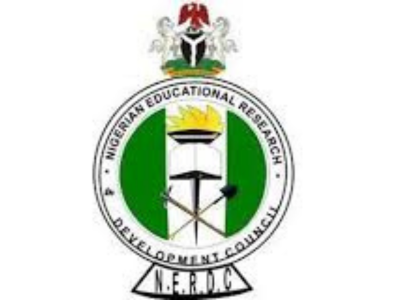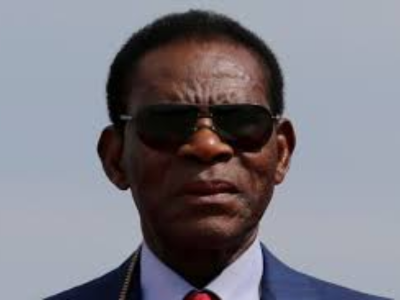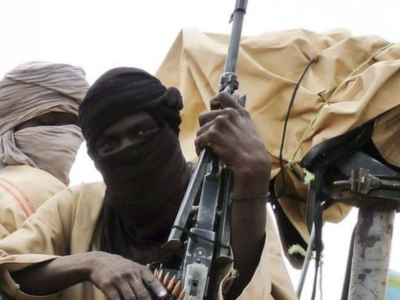Nigeria Unveils Revised Curriculum Subjects for Basic and Secondary Schools
- by Admin.
- Sep 09, 2025

Credit:
The Federal Government of Nigeria has issued the official list of approved subjects for the revamped Basic and Senior Secondary Education Curriculum, urging schools, teachers, and parents to ignore circulating fake versions and prepare for rollout in the 2025/2026 academic year.
In a statement dated September 8, 2025, the Nigerian Educational Research and Development Council (NERDC), signed by Executive Secretary Professor Salisu Shehu, outlined the streamlined subjects aimed at easing learning loads, boosting skills like digital literacy and vocational training, and aligning with global standards.
The reforms, part of the National Education Sector Reform Initiatives (NESRI) led by the Federal Ministry of Education, will kick off at the start of each three-year cycle - Primary 1, Primary 4, Junior Secondary School 1 (JSS1), and Senior Secondary School 1 (SS1) - with immediate sensitization programs and teacher training to ensure smooth adoption.
NERDC emphasized the curriculum's focus on practical outcomes, reducing overload from previous versions that dated back over a decade in some areas. "Nationwide sensitization and teacher capacity building have been slated to commence immediately," the council noted, highlighting flexibility for religious and language choices while mandating core areas like English, math, and citizenship studies.
This comes after a comprehensive review announced in late August 2025, involving collaborations with bodies like the Universal Basic Education Commission (UBEC), National Senior Secondary Education Commission (NSSEC), and National Board for Technical Education (NBTE).
For Primary 1-3, students will tackle a minimum of nine and maximum of 10 subjects: English Studies, Mathematics, one Nigerian Language, Basic Science, Physical & Health Education, Christian Religious Studies (CRS) for Christian pupils or Islamic Studies (IS) for Muslim pupils, Nigerian History, Social and Citizenship Studies, Cultural & Creative Arts (CCA), and optional Arabic Language.
Primary 4-6 expands to 11-13 subjects, adding Basic Science and Technology, Basic Digital Literacy, Pre-vocational Studies, and optional French alongside the core from earlier years.
At JSS1-3, the lineup includes 12-14 subjects: English Studies, Mathematics, one Nigerian Language, Intermediate Science, Physical & Health Education, Digital Technologies, CRS or IS, Nigerian History, Social and Citizenship Studies, CCA, one Trade Subject (such as Solar Photovoltaic Installation & Maintenance, Fashion Design & Garment Making, Livestock Farming, Beauty & Cosmetology, Computer Hardware & GSM Repairs, or Horticulture & Crop Production), Business Studies, and optional French or Arabic.
Senior Secondary School features five compulsory subjects - English Language, General Mathematics, one Trade Subject, Citizenship and Heritage Studies, and Digital Technologies - plus choices across streams. Science options include Biology, Chemistry, Physics, Agriculture, Further Mathematics, Physical Education, Health Education, Foods & Nutrition, Geography, and Technical Drawing. Humanities cover Nigerian History, Government, CRS, IS, one Nigerian Language, French, Arabic, Visual Arts, Music, Literature in English, Home Management, and Catering Craft. Business subjects are Accounting, Commerce, Marketing, and Economics, with the same Trade Subject choices as JSS.
The changes have sparked mixed reactions. Education Minister Tunji Alausa and Minister of State Professor Suwaiba Ahmad hailed the "future-ready" framework as a step toward equipping youth for a 21st-century economy, with added emphasis on trades to tackle unemployment.
However. some teachers and parents, voicing concerns on social media and in forums, argue the sudden shift lacks broader consultation and that under-resourced schools may struggle with new requirements like digital tools or specialized trades.
NERDC and the ministry maintain that the curriculum builds on 2024-2025 pilots, including 15 new trades introduced earlier, and promises monitoring to address gaps.













0 Comment(s)